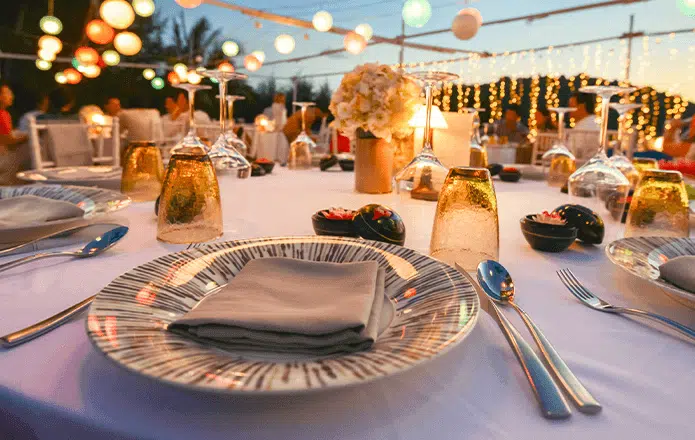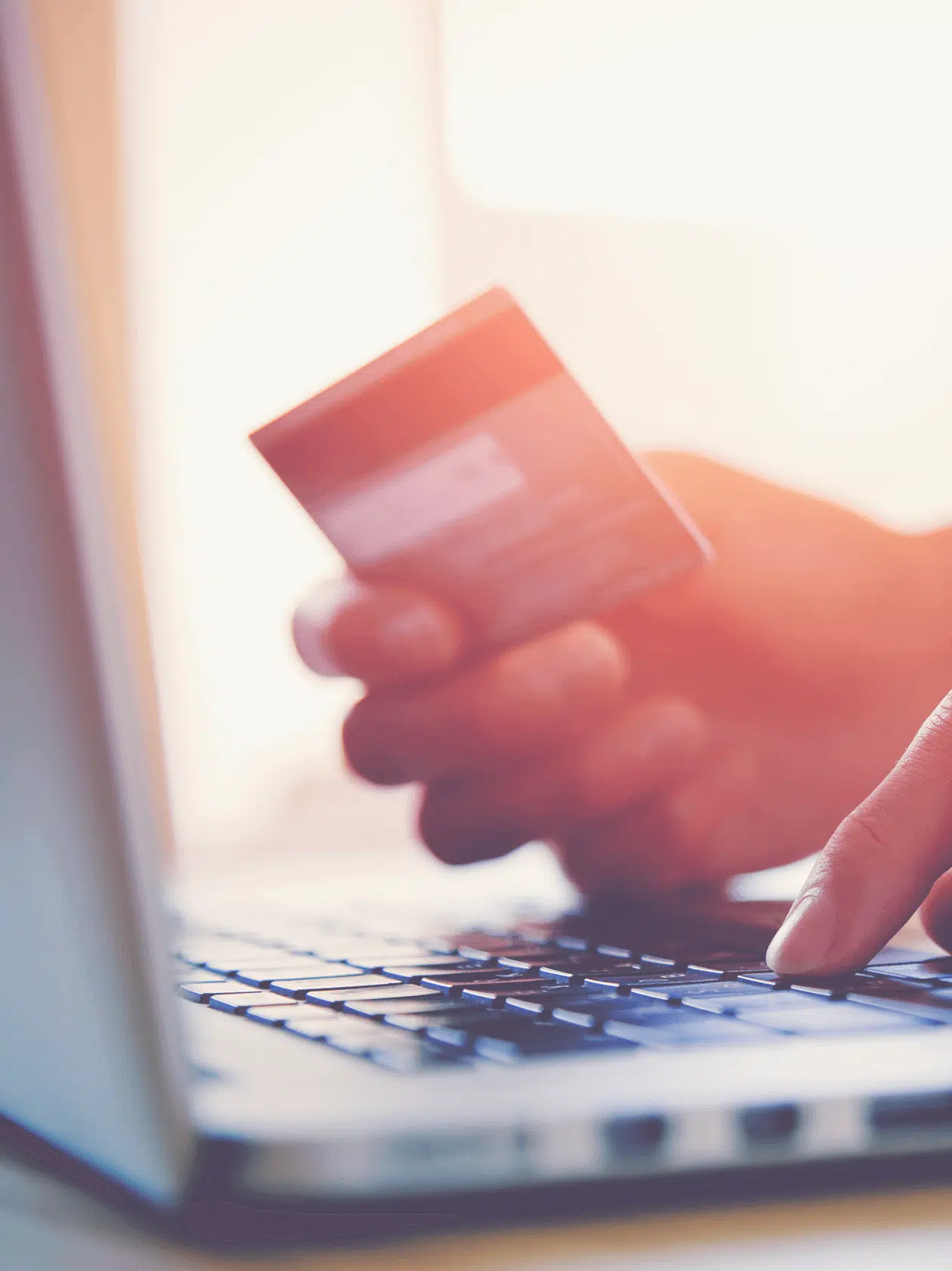
In this article, we’ll be exploring the key findings from the hospitality sector from the Zonal GO Technology Report.

As an experienced digital technical partner to a variety of different businesses, it’s always important to us that we keep up with the latest industry developments, insights and findings.
With this in mind, we wanted to highlight the importance of the recent GO Technology Report, published by Zonal, based on data from the CGA’s Go Technology survey which used a sample of 5,000 British consumers.
The report explores the attitude of consumers towards using technology within the hospitality space and striking a good balance between digital solutions and personal experience.
In this article, we’re going to explain the key points that the hospitality sector should consider when creating a digital strategy.

According to the report from Zonal, ‘55% of consumers think a balance between technology and a human approach delivers the best hospitality experience’.
This shows a significant change in attitude since the pandemic. For example, the number of consumers in 2020 who had used an app or digital solution as part of their process doubled after the post-lockdown reopening. 71% of consumers reportedly now prefer to use technology as part of their experience.
However, the approach seems to be split into actions taken outside of the venue and actions inside of the venue. With consumers generally preferring to make a booking, receiving a booking reminder or cancel a booking digitally. Where as the majority of people prefer to order food, settle their bill or leave a tip in person.
The key lies in offering both options rather than exclusively favouring one or the other, ensuring the satisfaction of both consumer groups.
Understanding consumer preferences and demographics is crucial for effectively meeting their needs within the hospitality industry.
According to the report findings, individuals who lean towards technology as their preferred mode of interaction tend to exhibit higher spending habits. Allocating an average of £24 more per month on eating and drinking out compared to consumers who prefer human contact.
This group generally has a higher household income and reside in cities or town centres, where eating out is much more common. Although the data highlights the value of technology users, it’s important not to underestimate the significance of consumers who prefer human interaction.
Despite spending less, this group still dines out around 25% each week, with an allocation of £90 per month towards dining experiences. This data shows that they are still a valuable customer segment and should not be overlooked. It’s essential for venues to consider both groups while creating a strategy, in order to meet the needs of a diverse customer base.


Our experienced team have successfully tackled various hospitality challenges, from designing customer-facing websites and mobile apps to internal applications with custom integrations.

When it comes to why consumers feel technology enhances their overall experience, two key factors are highlighted: speed and convenience.
In today’s marketplace, time is extremely valuable and technology’s ability to streamline admin tasks like making a booking or paying a bill, offers a lot of value to customers.
Although it’s important to understand that good technological solutions should not aim to replace human touch points, but instead to enhance them.
By delivering on promises of convenience and reliability, hospitality venues can optimise the use of technology to create a healthy balance.
We believe businesses should strive to create a blended approach that combines the strengths of both technology and human service.
The outlook on technology in the hospitality industry varies greatly by age which indicates that in the future there could be a substantial increase in the use of digital solutions.
Younger audiences are more receptive to the idea of using robots to support back-of-house operations, however, the GO Technology research shows that mainstream adoption is still a way off.
As these younger generations mature and more technology-aware generations emerge, acceptance of new digital solutions (possibly including robots) is expected to grow.
Overall, the future of digital solutions in hospitality holds promise for a more seamless, personalised and efficient guest experience.

The Zonal GO Technology Report provides valuable insights into consumer attitudes towards technology in hospitality.
Technology enhances the guest experience with speed, convenience and control but human interaction still remains highly valued. Flexibility is essential to accommodate different age groups, as younger consumers expect seamless technology integration.
The key takeaway is that balance is crucial, combining technology and personalised service to effectively meet guest needs seems to yield the best results. Ultimately, successful integration will shape the future of hospitality, enabling businesses to meet changing expectations and deliver unforgettable experiences.
Before you go, make sure to download the Zonal GO Technology Report for yourself and note down your own key takeaways, then join in the conversation over on LinkedIn!